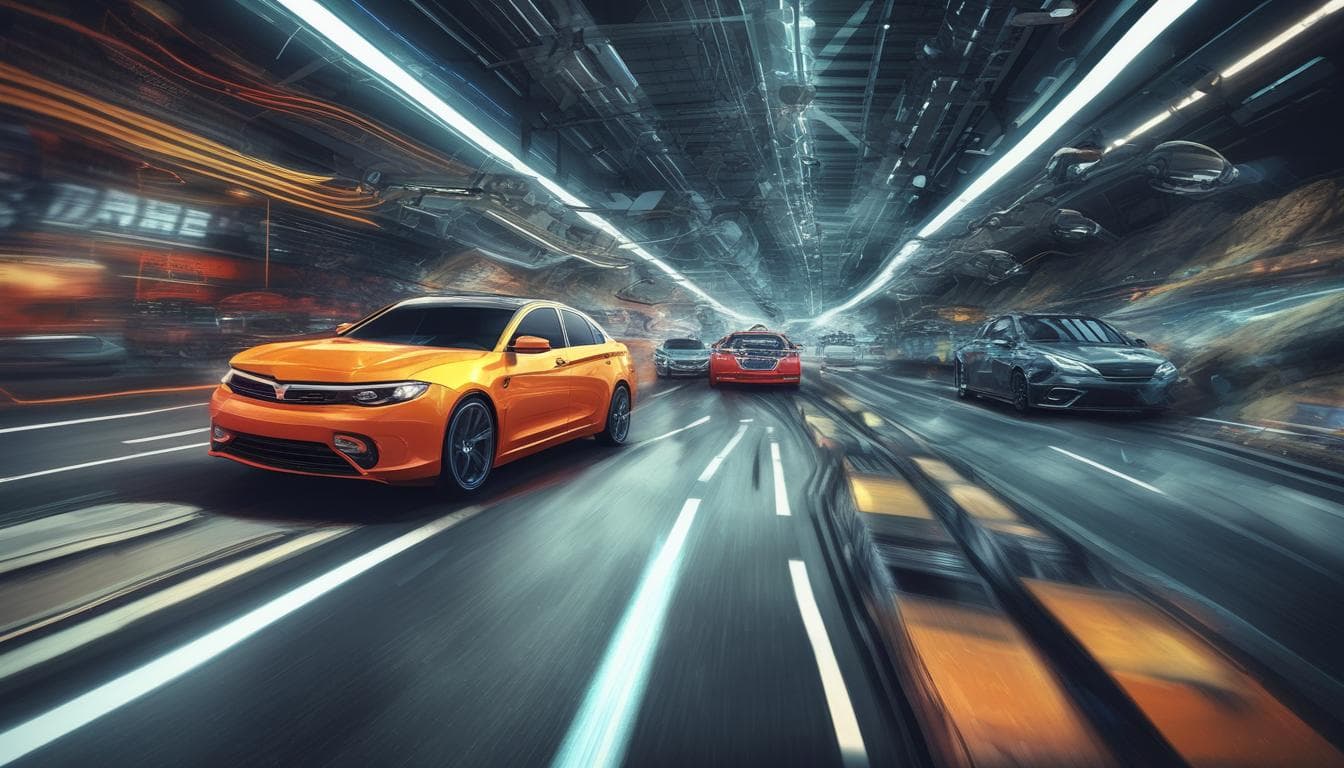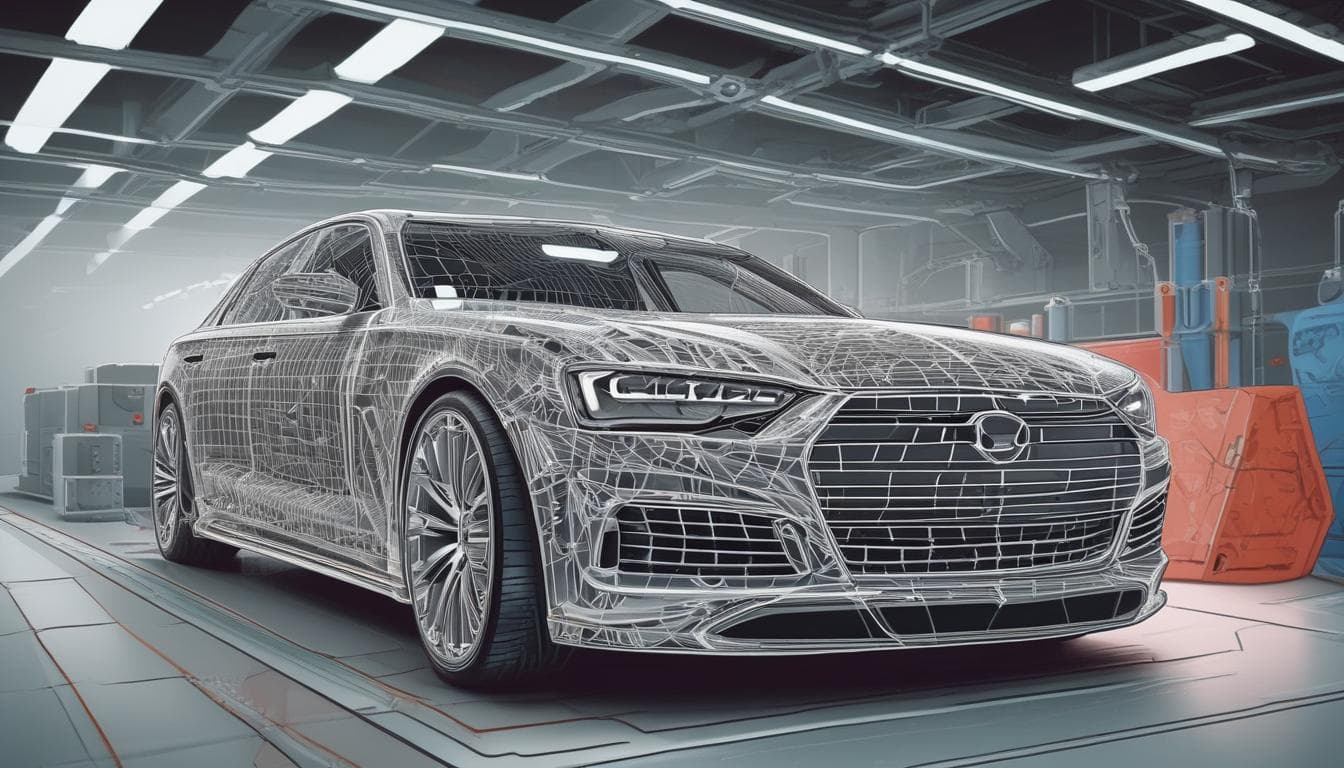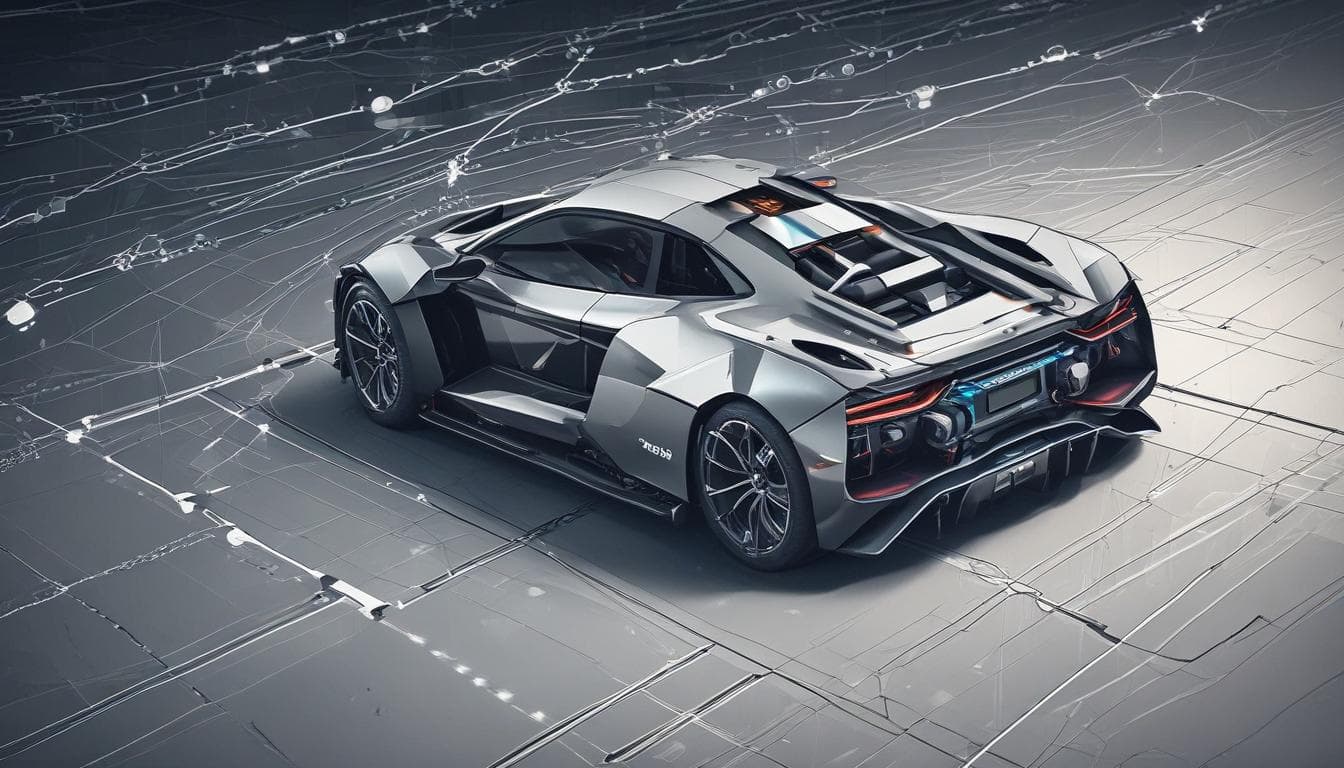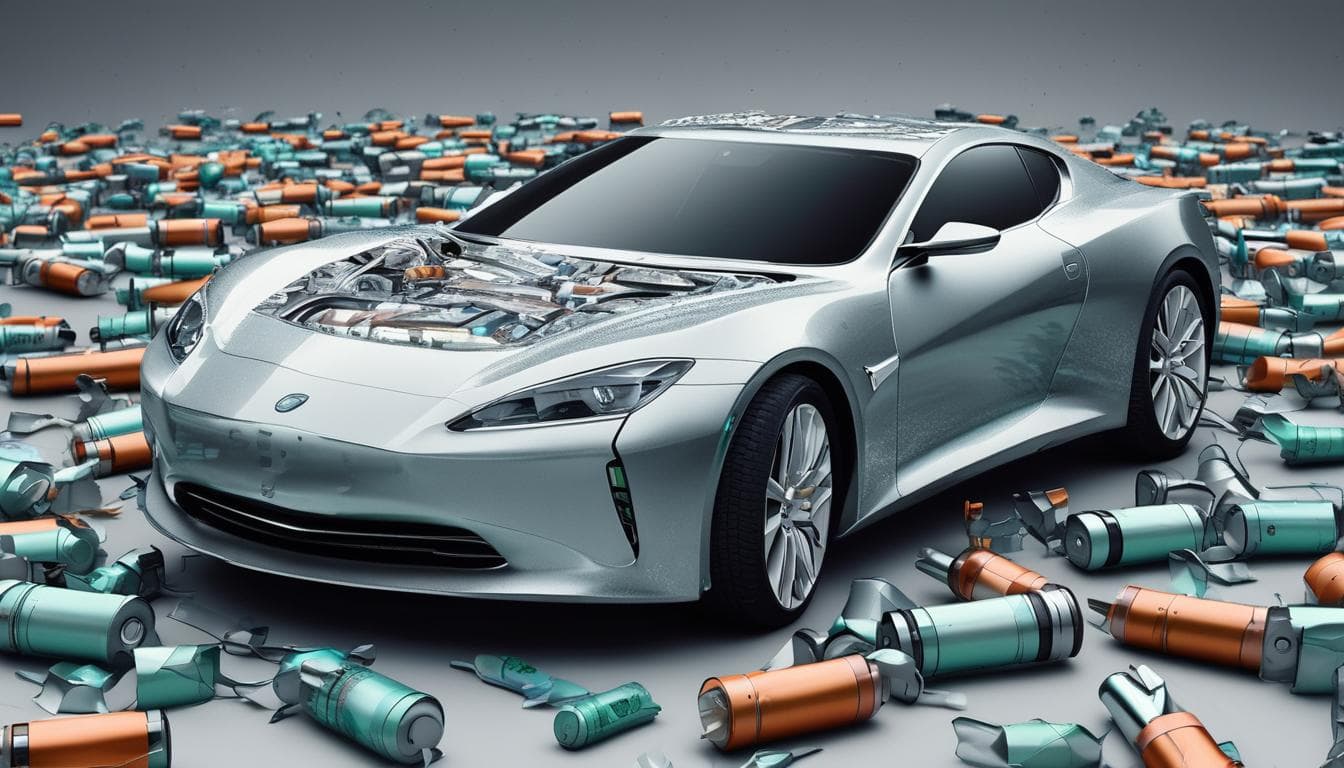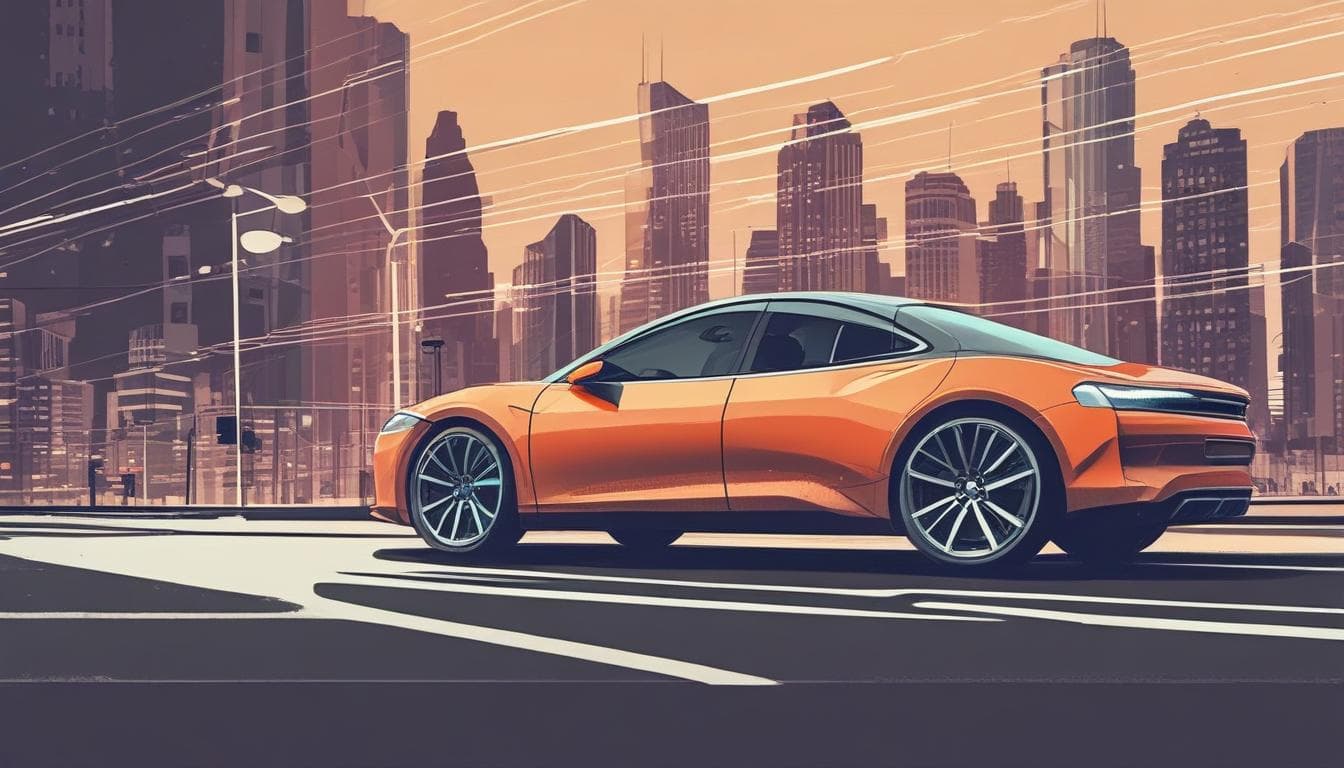Beyond the Monolithic Car: Imagine a future where personal vehicles consist of a universal electric 'skateboard' chassis and easily swappable 'upper modules' – a sleek commuter pod, a rugged adventure shell, a mobile office, or even a pop-up retail space. What are your thoughts on how this hyper-modularity could redefine vehicle ownership, urban planning, and the very nature of personal transportation? What creative module types can you envision?
This is a fascinating concept! Hyper-modularity could revolutionize the automotive industry and urban landscapes. Here are some thoughts:
-
Vehicle Ownership: Imagine not buying a 'car' but subscribing to a mobility platform. You'd own the skateboard, perhaps, or lease it long-term. Modules could be rented on demand, swapped out for different needs – a cargo module for weekend trips to the hardware store, a luxury pod for date night. This aligns with the trend toward exploring automotive subscriptions and rethinking traditional car ownership.
-
Urban Planning: Standardized module sizes could lead to optimized parking solutions – stackable parking structures or automated module swapping stations. Cities could designate zones for specific module types (e.g., commercial zones allowing mobile retail modules). This could also influence the evolution of Mobility-as-a-Service (MaaS).
-
Creative Module Types:
- Mobile Office: A fully equipped workspace with ergonomic seating, integrated communication systems, and climate control.
- Pop-Up Retail: For small businesses or entrepreneurs, a module that transforms into a storefront, food truck, or service kiosk.
- Emergency Response Unit: Outfitted with medical equipment, communication tools, and supplies for first responders.
- Mobile Hotel Room: A compact sleeping pod with a bed, entertainment system, and climate control for overnight stays.
- Recreational Module: A mobile gaming lounge, home theater, or karaoke studio.
-
Challenges & Considerations:
- Standardization: Achieving true modularity requires industry-wide agreement on interface standards, safety regulations, and data protocols.
- Security: Ensuring the security of both the skateboard and the modules is crucial to prevent theft and unauthorized access.
- Module Swapping Infrastructure: Developing a robust and efficient swapping infrastructure will be essential for widespread adoption.
- Cybersecurity: As vehicles become more connected, the importance of cybersecurity to protect the vehicle and its systems becomes paramount.
This modular vision could unlock incredible flexibility and efficiency in personal transportation. It's a bold step toward a future where vehicles are truly adaptable to our individual needs and lifestyles.
Esplora di più su questo argomento
Unisciti alla conversazione
- Auto volanti e codice della strada: come gestire il traffico aereo urbano?
Immagina un futuro in cui le auto volano. Come cambierà il codice della strada? Esplora le possibili soluzioni per la regolamentazione del traffico aereo, considerando sicurezza, efficienza e impatto sociale.
- Auto volanti: come cambierebbe l'Italia?
Immagina un futuro dove le auto volano. Come trasformerebbe questo la logistica, il turismo e la vita quotidiana in Italia? Esplora le implicazioni sociali, economiche e ambientali di questo scenario rivoluzionario.
- Realtà Aumentata nei Parabrezza: Rivoluzione dell'Esperienza di Guida o Distrazione?
Esploriamo l'impatto della realtà aumentata (AR) integrata nei parabrezza delle auto. Dalla navigazione all'intrattenimento educativo, analizziamo vantaggi, rischi per la sicurezza e applicazioni innovative oltre l'assistenza alla guida.
